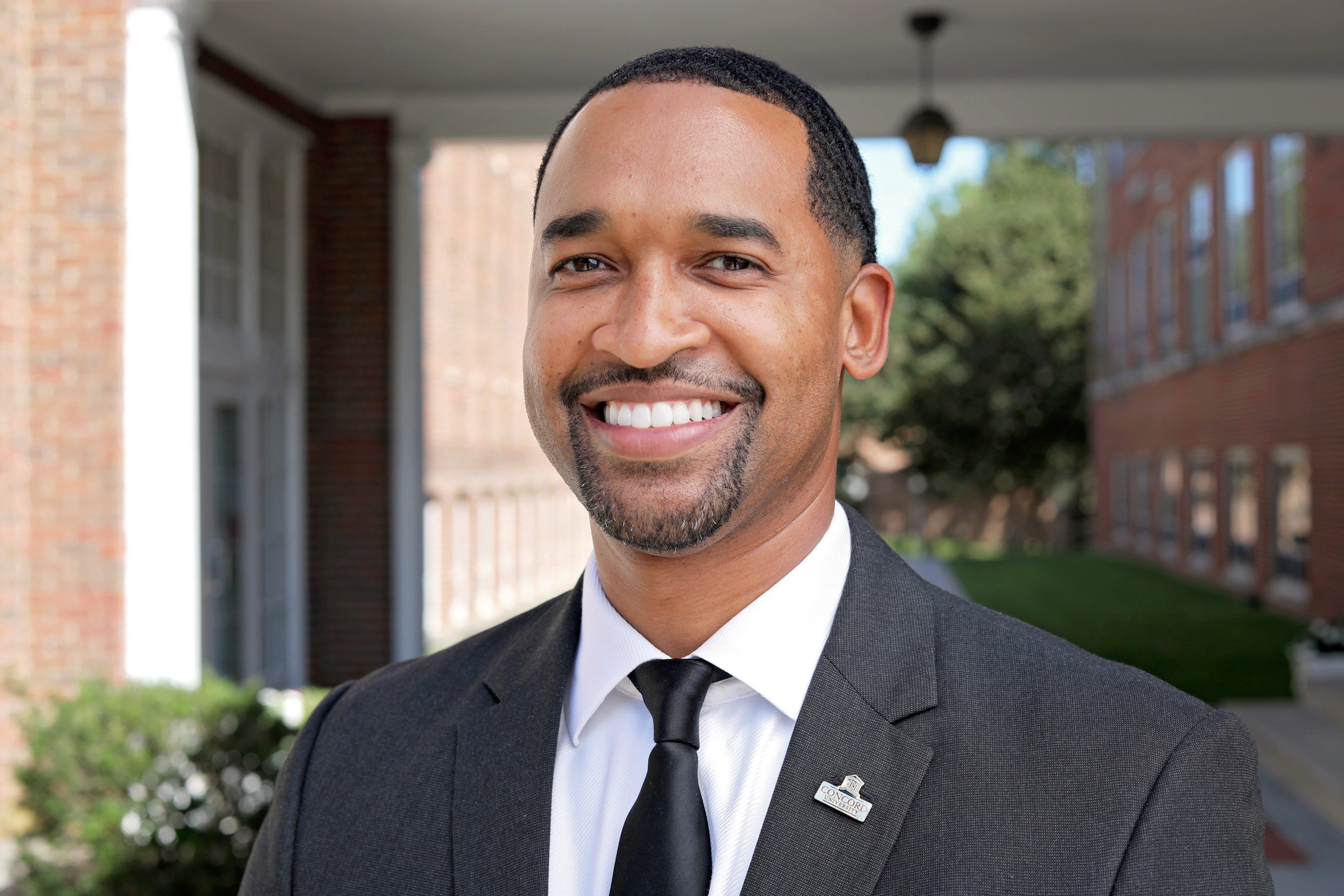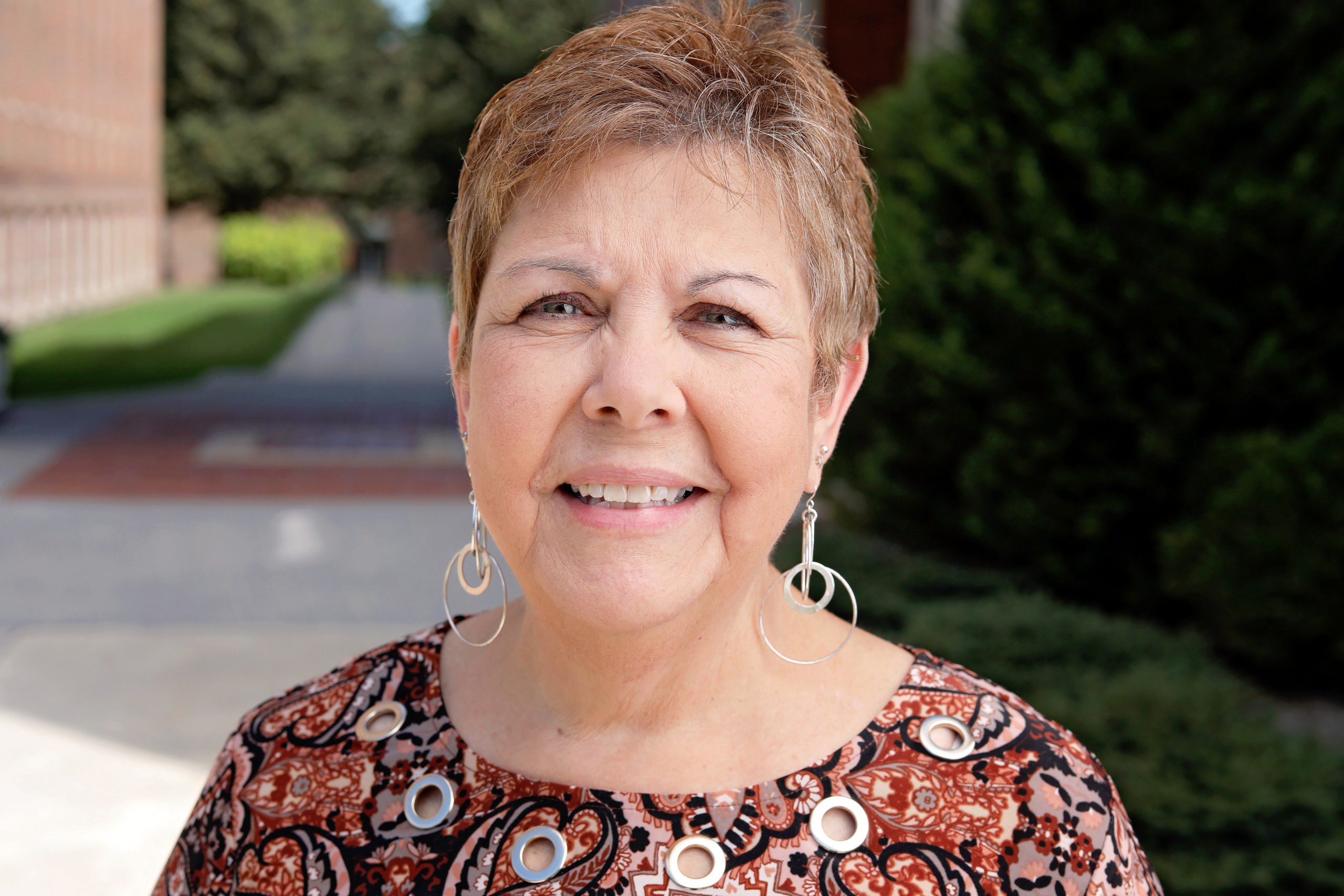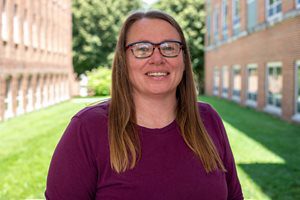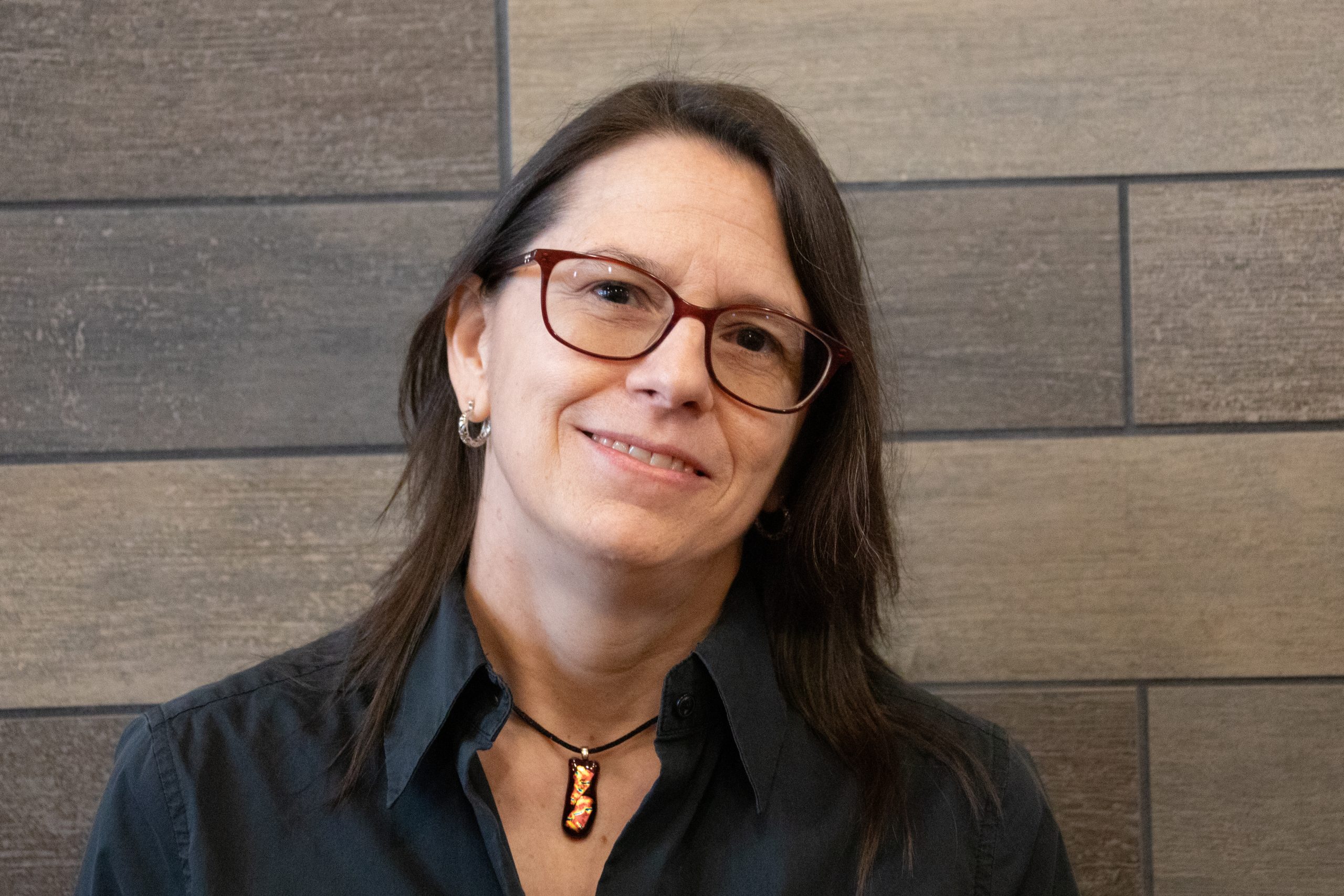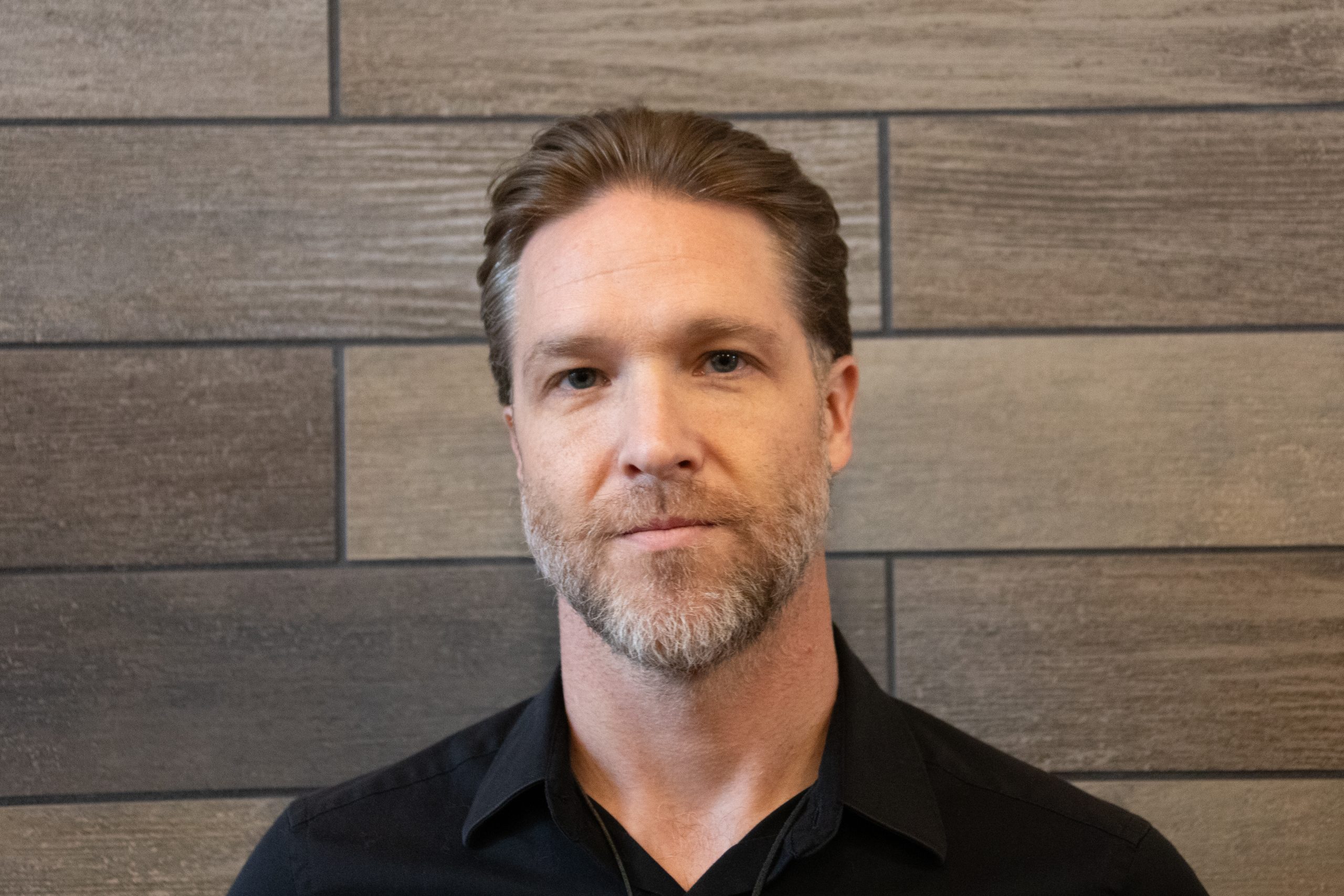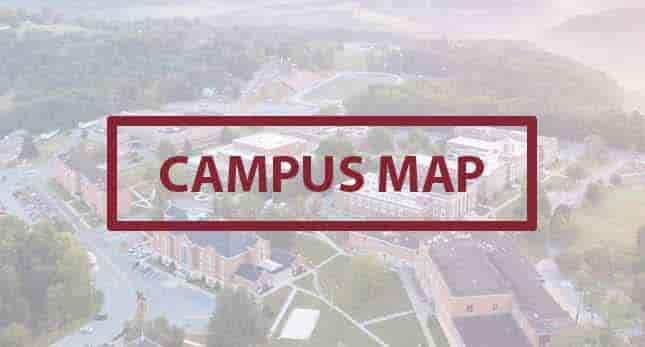Objective 1. Content and Pedagogical Knowledge
Ensure that candidates develop an understanding of the critical concepts and principles of their discipline and facilitates candidates’ reflection of their personal biases to increase their understanding and practice of equity, diversity, and inclusion. The provider is intentional in the development of their curriculum and clinical experiences for candidates to demonstrate their ability to effectively work with diverse P-12 students and their families.
- 1.1 The Learner and Learning – The provider ensures candidates are able to apply their knowledge of the learner and learning at the appropriate progression levels. Evidence provided should demonstrate that candidates are able to apply critical concepts and principles of learner development (InTASC Standard 1), learning differences (InTASC Standard 2), and creating safe and supportive learning environments (InTASC Standard 3) in order to work effectively with diverse P-12 students and their families.
- 1.2 Content – The provider ensures candidates are able to apply their knowledge of content at the appropriate progression levels. Evidence provided demonstrates candidates know central concepts of their content area (InTASC Standard 4) and are able to apply the content in developing equitable and inclusive learning experiences (InTASC Standard 5) for diverse P-12 students. Outcome data can be provided from a Specialized Professional Associations (SPA) process, a state review process, or an evidence review of Standard 1.
- 1.3 Instructional Practice - The provider ensures that candidates are able to apply their knowledge of InTASC standards relating to instructional practice at the appropriate progression levels. Evidence demonstrates how candidates are able to assess (InTASC Standard 6), plan for instruction (InTASC Standard 7), and utilize a variety of instructional strategies (InTASC Standard 8) to provide equitable and inclusive learning experiences for diverse P-12 students. Providers ensure candidates model and apply national or state approved technology standards to engage and improve learning for all students.
- 1.4 Professional Responsibility – The provider ensures candidates are able to apply their knowledge of professional responsibility at the appropriate progression levels. Evidence provided should demonstrate candidates engage in professional learning, act ethically (InTASC Standard 9), take responsibility for student learning and collaborate with others (InTASC Standard 10) to work effectively with diverse P-12 students and their families.
Objective 2. Clinical Partnerships and Practice
The provider ensures effective partnerships and high-quality clinical practice are central to candidate preparation. These experiences should be designed to develop candidate’s knowledge, skills, and professional dispositions to demonstrate positive impact on diverse students’ learning and development. High quality clinical practice offers candidates experiences in different settings and modalities, as well as with diverse P-12 students, schools, families, and communities. Partners share responsibility to identify and address real problems of practice candidates experience in their engagement with P-12 students.
- 2.1 Partnerships for Clinical Preparation – Partners co-construct mutually beneficial P-12 school and community arrangements for clinical preparation and share responsibility for continuous improvement of candidate preparation.
- 2.2 Clinical Educators – Partners co-select, prepare, evaluate, and support high-quality clinical educators, both provider- and school-based, who demonstrate a positive impact on candidates’ development and diverse P-12 student learning and development.
- 2.3 Clinical Experiences – The provider works with partners to design and implement clinical experiences, utilizing various modalities, of sufficient depth, breadth, diversity, coherence, and duration to ensure candidates demonstrate their developing effectiveness and positive impact on diverse P-12 students’ learning and development as presented in Standard R1.
Objective 3. Candidate Recruitment, Progression, and Support
The provider demonstrates the quality of candidates is a continuous and purposeful focus from recruitment through completion. The provider demonstrates that development of candidate quality is the goal of educator preparation and that the EPP provides supports services (such as advising, remediation, and mentoring) in all phases of the program so candidates will be successful.
- 3.1 Recruitment – The provider presents goals and progress evidence for recruitment of high-quality candidates from a broad range of backgrounds and diverse populations that align with their mission. The provider demonstrates efforts to know and address local, state, regional, or national needs for hard-to-staff schools and shortage fields. The goals and evidence should address progress towards a candidate pool which reflects the diversity of America’s P-12 students.
- 3.2 Monitoring and Supporting Candidate Progression – The provider creates and monitors transition points from admission through completion that indicate candidates’ developing content knowledge, pedagogical knowledge, pedagogical skills, critical dispositions, professional responsibilities, and the ability to integrate technology effectively in their practice. The provider identifies a transition point at any point in the program when a cohort grade point average of 3.0 is achieved and monitors this data. The provider ensures knowledge of and progression through transition points are transparent to candidates. The provider plans and documents the need for candidate support, as identified in disaggregated data by race and ethnicity and such other categories as may be relevant for the EPP’s mission, so candidates meet milestones. The provider has a system for effectively maintaining records of candidate complaints, including complaints made to CAEP, and documents the resolution.
- 3.3 Competency at Completion – The provider ensures candidates possess academic competency to teach effectively with positive impacts on diverse P-12 student learning and development through application of content knowledge, foundational pedagogical skills, and technology integration in the field(s) where certification is sought. Multiple measures are provided and data are disaggregated and analyzed based on race, ethnicity, and such other categories as may be relevant for the EPP’s mission.
Objective 4. Program Impact
The provider demonstrates the effectiveness of its completers’ instruction on P-12 student learning and development, and completer and employer satisfaction with the relevance and effectiveness of preparation.
- 4.1 Completer Effectiveness – The provider demonstrates that program completers effectively contribute to P-12 student-learning growth, and apply in P-12 classrooms the professional knowledge, skills, and dispositions that the preparation experiences were designed to achieve. In addition, the provider includes a rationale for the data elements provided.
- 4.2 Satisfaction of Employers – The provider demonstrates employers are satisfied with the completers’ preparation for their assigned responsibilities in working with diverse P-12 students and their families
- 4.3 Satisfaction of Completers – The provider demonstrates program completers perceive their preparation as relevant to the responsibilities they encounter on the job, and their preparation was effective.
Objective 5. Quality Assurance and Continuous Improvement
The provider maintains a quality assurance system that consists of valid data from multiple measures and supports continuous improvement that is sustained and evidence-based. The system is developed and maintained with input from internal and external stakeholders. The provider uses the results of inquiry and data collection to establish priorities, enhance program elements, and highlight innovations.
- 5.1 Quality Assurance System – The provider has developed, implemented, and modified, as needed, a functioning quality assurance system that ensures a sustainable process to document operational effectiveness. The provider documents how data enter the system, how data are reported and used in decision making, and how the outcomes of those decisions inform programmatic improvement.
- 5.2 Data Quality – The provider’s quality assurance system from 5.1 relies on relevant, verifiable, representative, cumulative, and actionable measures to ensure interpretations of data are valid and consistent.
- 5.3 Stakeholder Involvement – The provider includes relevant internal (e.g., EPP administrators, faculty, staff, candidates) and external (e.g., alumni, practitioners, school and community partners, employers) stakeholders in program design, evaluation, and continuous improvement processes.
- 5.4 Continuous Improvement – The provider regularly, systematically, and continuously assesses performance against its goals and relevant standards, tracks results over time, documents modifications and/or innovations and their effects on EPP outcomes.
Objective 6. Fiscal and Administrative Capacity
The EPP has the fiscal and administrative capacity, faculty, infrastructure (facilities, equipment, and supplies) and other resources as appropriate to the scale of its operations and as necessary for the preparation of candidates to meet professional, state, and institutional standards. For EPPs whose institution is accredited by an accreditor recognized by the U.S. Secretary of Education (e.g., SACSCOC, HLC), such accreditation will be considered sufficient evidence of compliance with Standard 6. If an EPP’s institution is not accredited by an accreditor recognized by the U.S. Secretary of Education, the EPP must address each component of ST 6 in narrative supported by evidence.
- 6.1 Fiscal Resources The EPP has the fiscal capacity as appropriate to the scale of its operations. The budget for curriculum, instruction, faculty, clinical work, scholarship, etc., supports high quality work within the EPP and its school partners for the preparation of professional educators.
- 6.2 Administrative Capacity The EPP has administrative capacity as appropriate to the scale of its operations, including leadership and authority to plan, deliver, and operate coherent programs of study so that their candidates are prepared to meet all standards. Academic calendars, catalogs, publications, grading policies, and advertising are current, accurate, and transparent.
- 6.3 Faculty Resources The EPP has professional education faculty that have earned doctorates or equivalent P-12 teaching experience that qualifies them for their assignments. The EPP provides adequate resources and opportunities for professional development of faculty, including training in the use of technology.
- 6.4 Infrastructure The EPP has adequate campus and school facilities, equipment, and supplies to support candidates in meeting standards. The infrastructure supports faculty and candidate use of information technology in instruction
